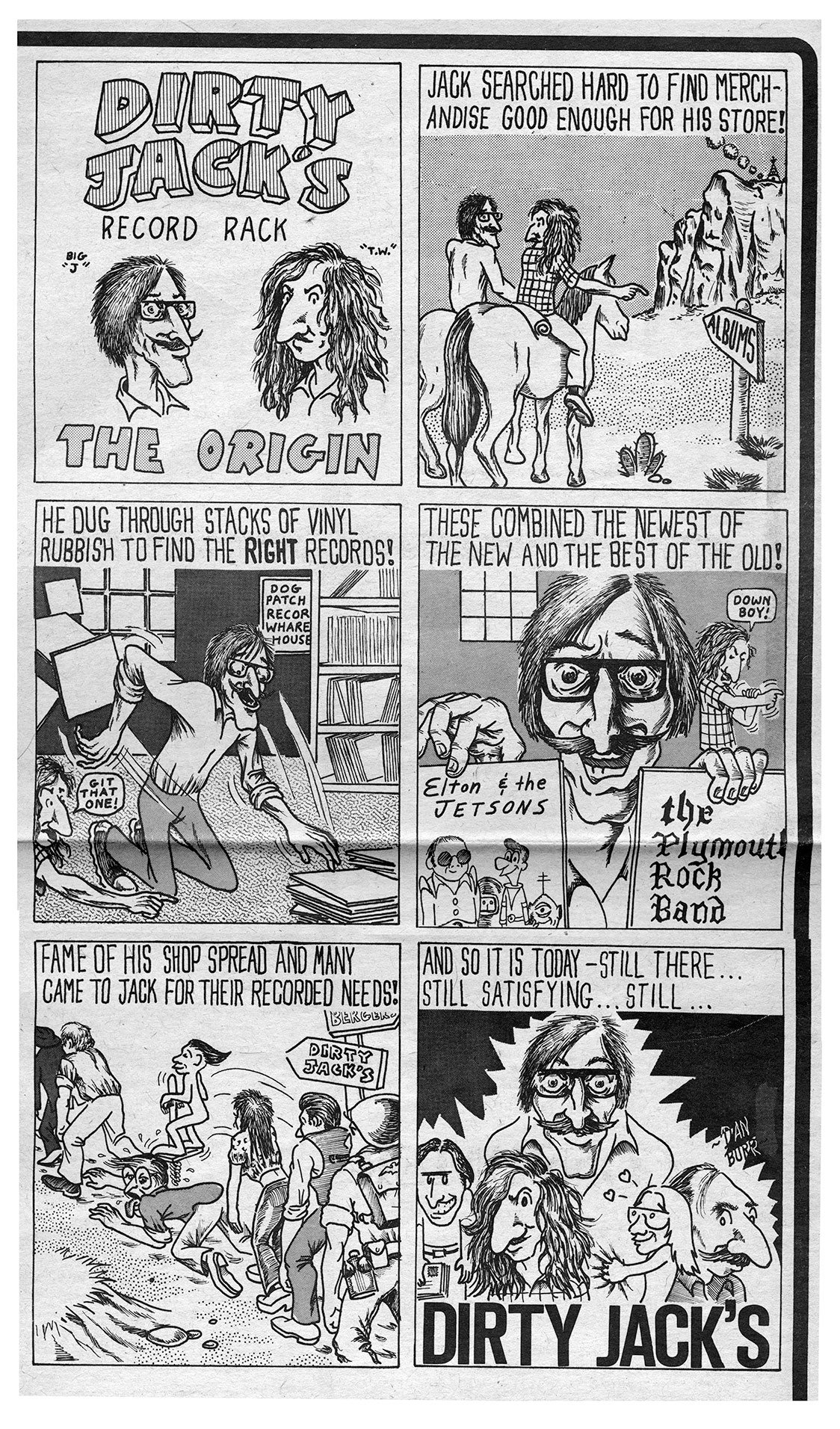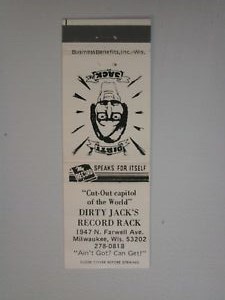
Singer songwriter Nanci Griffith was an activist with plenty of strong stances but, unlike a Texan who became president, this Texan did “do nuance” in politics, as her two campaign buttons here suggest. Courtesy The Guardian
Music moves us, as it does the savage beast. Can it move the savage beast within us? I was accused, long ago, of avoiding cliches in my music writing, when I really try to respond in a creative and vivid way to what I hear from musical artists. That approach can allow the music to carry me where the artist has the power to go, and can lead to plenty of metaphors and similies, in an effort to evoke or describe music in words.
Still, I know some cliches have staying power, or can rise Phoenix-like from the past, so the “savage beast” can cut, or bite, in two ways at least (there I go with the charred simile and painful metaphor, but that’s just how it comes out.).
The savage beast or SB (to not belabor the name of the aging, wizened creature) comes to mind today for two reasons, which bite in opposite directions:
1. The SB (8) (can an “o” be aptly inserted between those two consonants?) is Senate Bill 8, the outrageous new Texas law against a woman’s right to choose an abortion, which that the state legislature just passed. “The Texas law, known as Senate Bill 8, amounts to a nearly complete ban on abortion in Texas because 85 to 90 percent of procedures in the state happen after the sixth week of pregnancy, according to lawyers for several clinics.” 1.
In other words, most women are unaware they are even pregnant at six weeks, so their right to chose is effectively revoked.
The ban allows no exemptions for rape or incest.
Even more bizarrely draconian, the bill gives any Texas citizen a $10,000 motive to sue any person they believe might have “committed” an abortion, or even facilitated one, even a cabbie or Uber driver who takes a woman to a clinic. If the suer wins, they also win $10,000. Has any state law ever been more corrupted by the money motive? (The Supreme Court’s notorious 2010 Citizens United case, may still take the cake nationally for money-corrupting politics, contorting the 14th amendment into a weird concept of “corporate personhood”)
2. The SB within Grammy-winning singer-songwriter Nanci Griffith, a true daughter of Texas who died recently, but has made her view on the political subject quite clear. I think the new law would have the SB within her rising again. She made it musically clear when she composed and recorded her song, “Time of Inconvenience,” which protests pro-life activism against Roe v. Wade, and aims her slightly sideways-yet-pointed irony towards those who feel it’s too “inconvenient” to make their voices heard for justice, especially today, to get out from behind our devices, and expose ourselves perhaps to verbal or even physical abuse.
The song, recorded on Flyer in 1994. has been covered by several other artists. And if you listen to the song now, it is startlingly relevant today, even setting the bigger-picture scene of:
We’re living in a time of inconvenience./ Compassion fails me with this meanness in the air./ Our city streets are filled with violence./ So we close the doors to the anger/ and pretend that it’s not there…
Griffith uses the first person plural throughout the lyric, so she included herself among those guilty of feeling that certain activism is inconvenient. But Griffith was clearly not closing her doors at this point. She was out in the streets…”Here I go again…the evil seems to cling to the soles of my feet…”
Here is the song in a YouTube video
The one time I saw her live, in Madison in 2008, I recall a bracing forthrightness about her, a fearlessness about speaking her mind on anything. By then, she’d survived two cancers and looked older than I expected. But clearly wisdom, weary yet heavy-booted, carried her songs and buttressed her being.
She was indeed an activist with largely liberal voice, and “Inconvenience” includes a kicker line: “And if you ain’t got money / You ain’t got nothin’ in this land.” But she also understood political nuance, unlike fellow Texan George W. Bush, as suggested in the two campaign buttons in the photo at top, one extolling the reasonably moderate Republican administration of Dwight Eisenhower, the other the new breed of Democrat represented by Barack Obama..
And even if in “A Time of Inconvenience” “the right-to-life man has become my enemy,” she’s speaking about more than a woman’s right to choose. She’s singing about “the age of greed and power/ where everyone seems to need someone to shove around./ Our children come to us for answers/ Listening for freedom but they don’t know the sound.”
Part of the freedom she references is the freedom of life denied an innocent man wrongly condemned by the death penalty, which isn’t addressed explicitly in this song and yet in the video you see the brilliantly pointed rejoinder to both Citizens United and the death penalty on a protest sign: “I’ll believe corporations are people the day Texas executes one.“
She does directly address the death penalty in a later song, “Not Innocent Enough,” inspired by a conversation she had in a car with Phillip Workman, who was later executed in Tennessee for allegedly murdering a police officer, based on false witness testimony and evidence that was withheld or manufactured, the county district attorney at the time admitted. The state Supreme Court refused to hear Workman’s final appeal.

Philip Workman in 2002, executed May 9, 2007. Wikipedia.
“I wanted to tell him, ‘You know you didn’t do this, hang in there.'” Griffith recounted in an interview with masslive.com 2 “But I didn’t. It’s overwhelming. I started writing that song not long after that conversation with Phillip, but I didn’t finish it until after he was executed.”
Though she always excelled at vivid, character-driven storytelling songs and those of failed love, she clearly became more activist over the course of her career, with an increasing array of politically-charged songs, including “Cotton’s All We’ve Got,” “It’s a Hard Life,” “The Loving Kind” (about interracial marriage) and “Hell No (I’m Not Alright)”
The latter song became an unexpected anthem in 2012 for protesters during the Occupy Wall Street movement.
That same year she told an interviewer that she was “too radical” for contemporary US politics. “I was angry about something,” she said about “Hell No (I’m Not Alright).”. “Apparently everybody else was angry about the same thing.”
In her book, Nanci Griffith’s Other Voices: A Personal History of Folk Music, She comments about “Time of Inconvenience.”: “It says, ‘I would go to war to protect a woman’s right to choose.’ In other words, I’m saying if you take the law away from me, that gives me the right, in America, to make my own choices, that would be the only thing I would pick up a gun to defend.”
Would Nanci kill in those circumstances?
“I would go to war to defend that law, and if a woman’s right to choose, and to do with her own body what she sees fit, were taken away from me, I would go to war, I definitely would fight for my constitutional right to keep the boys in Washington out of my bedroom. As a say in that song, ‘The right-to-life man has become my enemy.’
“When I do voters for choice shows for Gloria Steinem, there are always people outside with their placards and signs and shaking those rubber fetuses in the air and all that horrible stuff. So I would hope that by writing about these concerns and similar subjects I’m carrying on that great tradition in folk music.” 3.
Those tempted to begin messing with the stance of a woman protecting her right to chose, remember she’s considering lethal protection in self defense. This recent meme addresses the duplicity of being “pro-life”: New Rule: If you ban abortion before you ban military-style assault rifles that massacre children in school, you’ve lost your right to be called “pro-life.”
_____________
2. Interview with Griffith: https://www.masslive.com/entertainment/2009/10/nanci_griffith_talks_about_mus.html
3. Nanci Griffith and Joe Jackson, Nanci Griffith’s Other Voices: A Personal History of Folk Music, Three Rivers, 1998, 72


 Jack Covert, in 2017, when he retired from his successful career in the book business, after a memorable start as a small Milwaukee record store owner. Courtesy onmilwaukee.com.
Jack Covert, in 2017, when he retired from his successful career in the book business, after a memorable start as a small Milwaukee record store owner. Courtesy onmilwaukee.com.

